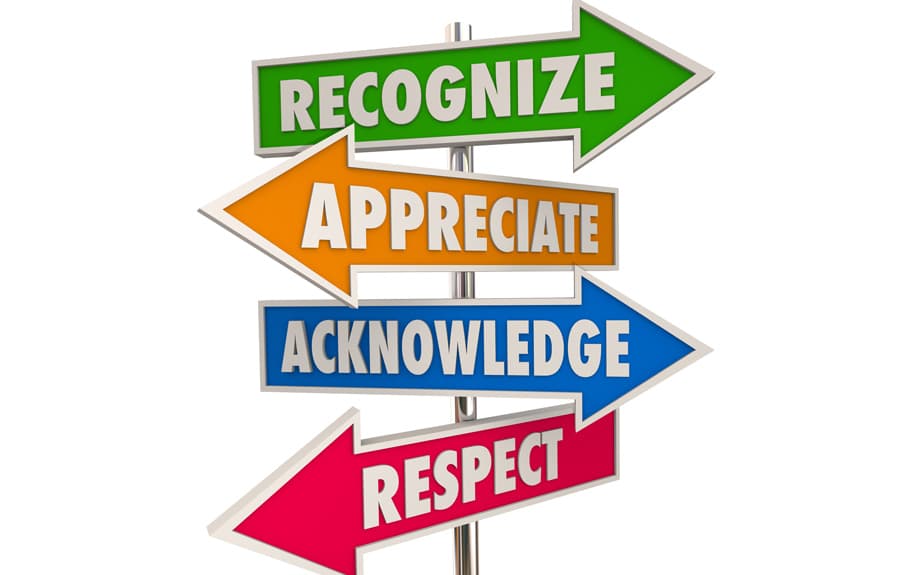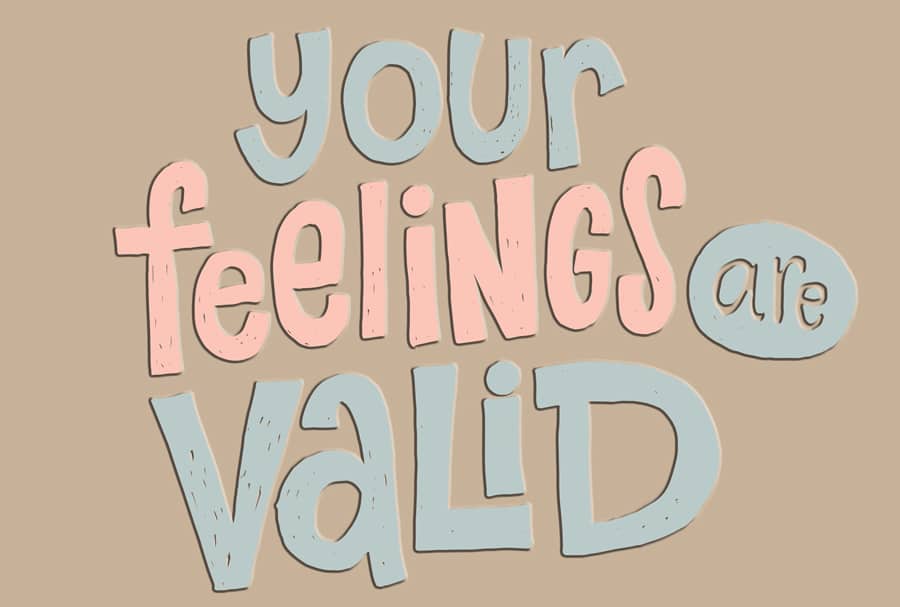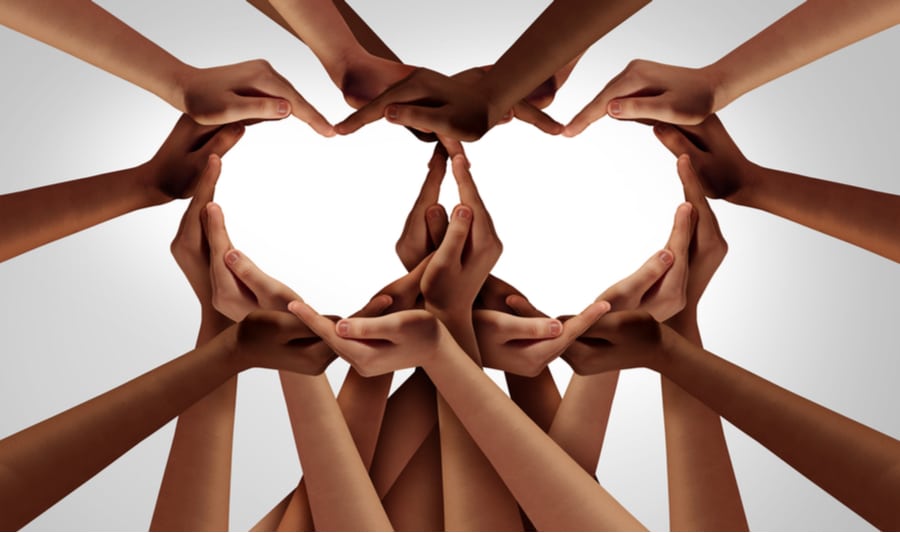
Acknowledge me to affirm that my contributions matter
“It amazes me that we are all on Twitter and Facebook. By ‘we’ I mean adults. We're adults, right? But emotionally we're a culture of seven-year-olds. Have you ever had that moment when are you updating your status and you realize that every status update is just a variation on a single request: Would someone please acknowledge me?” ― Marc Maron, Attempting Normal I once had a co-worker who would often question whether or not she was invisible. Now before you call in for a straitjacket, she was speaking metaphorically as she struggled with the feelings (both professionally and personally) which Maron highlighted above – would someone please acknowledge me? While the two of us would often joke about her feelings of being invisible, I knew there was some truth to her…



